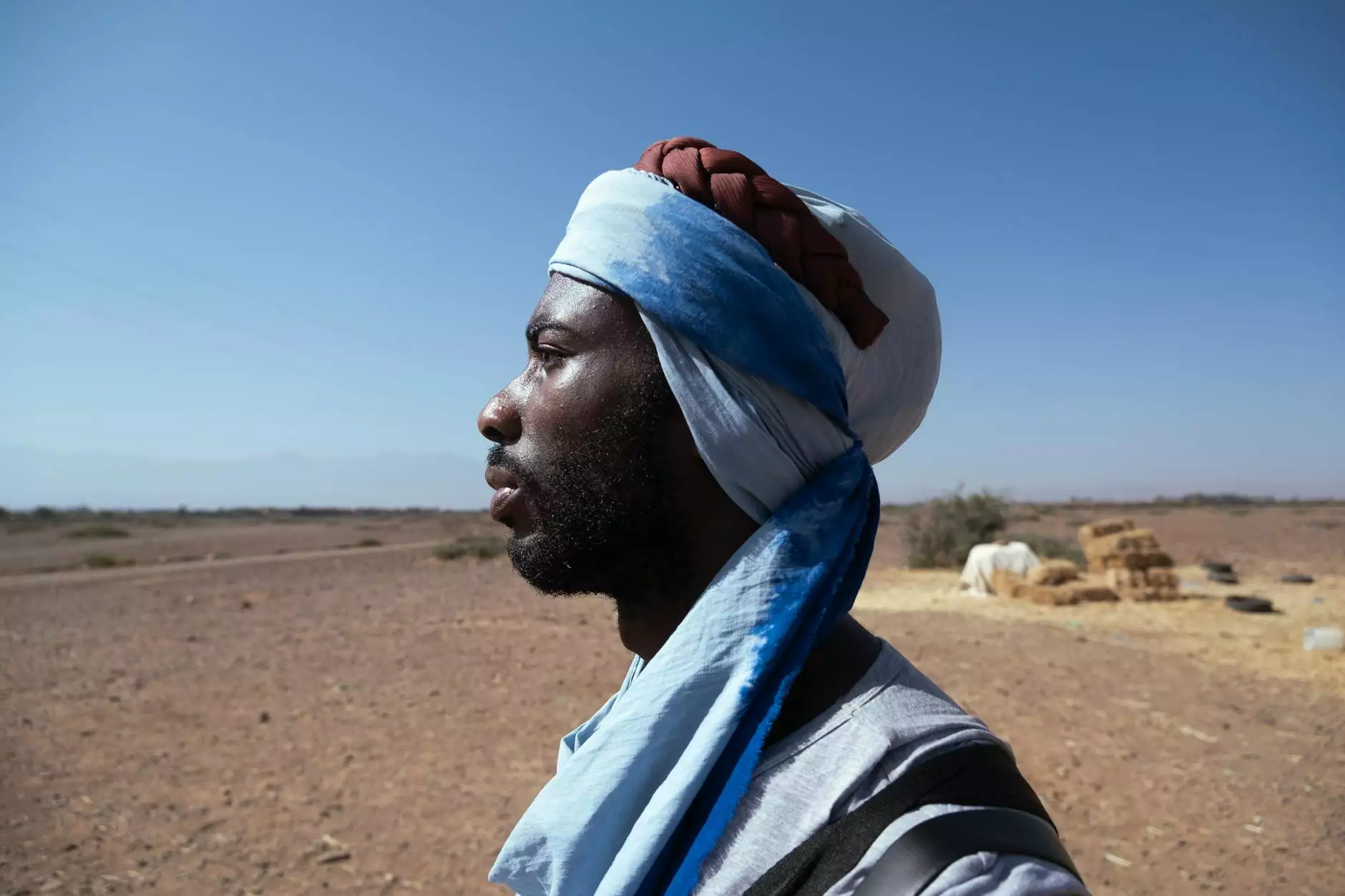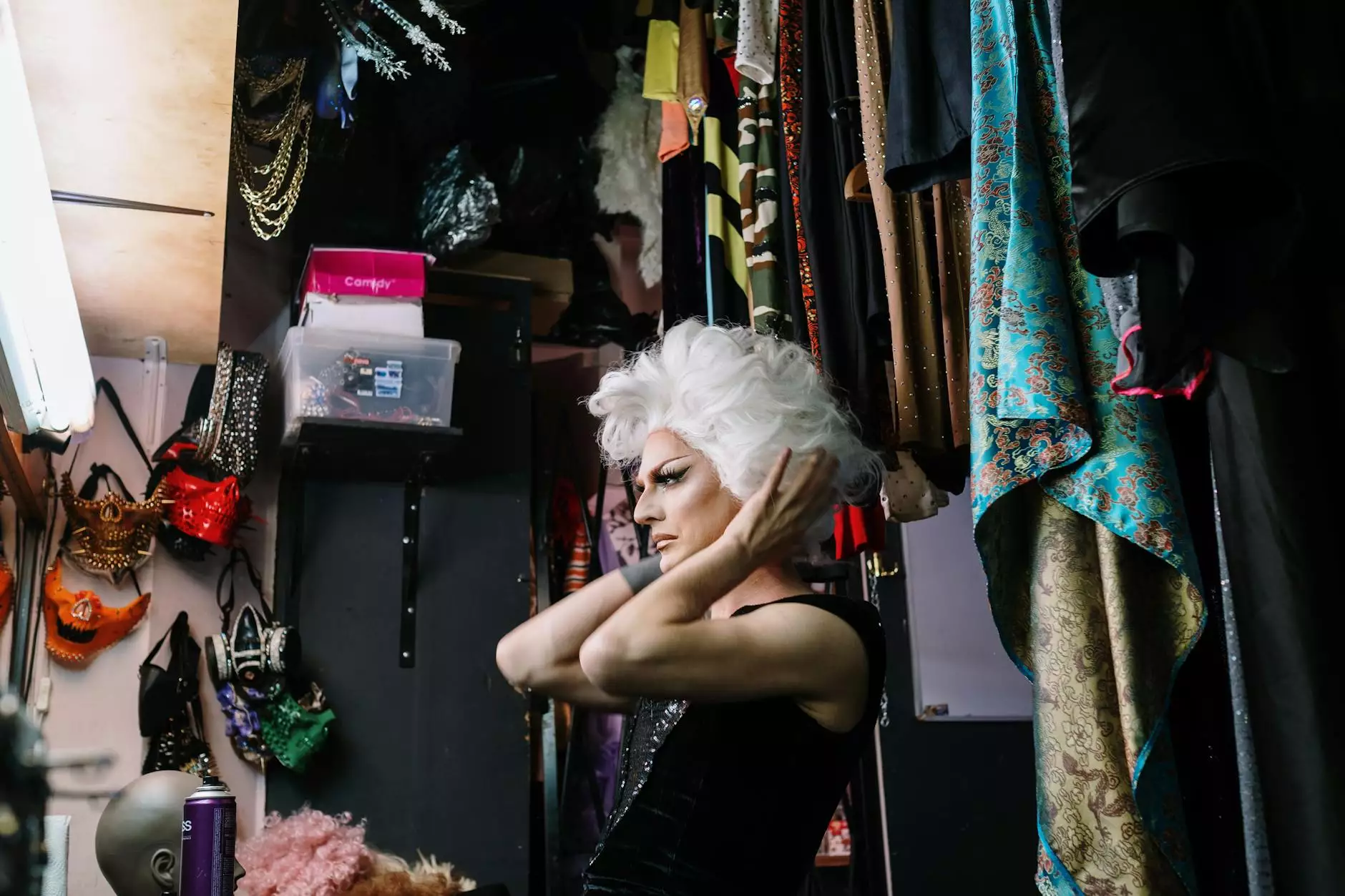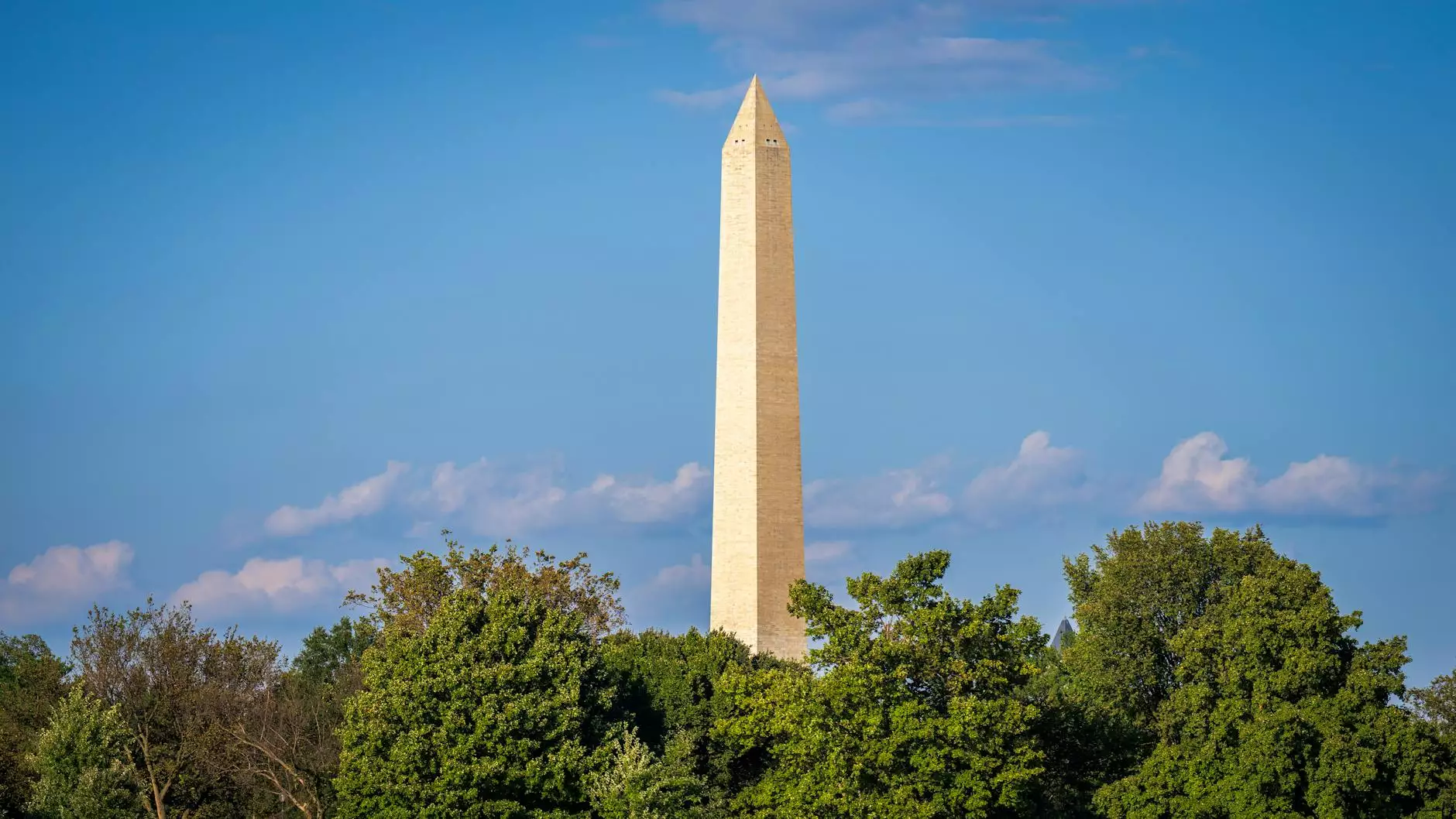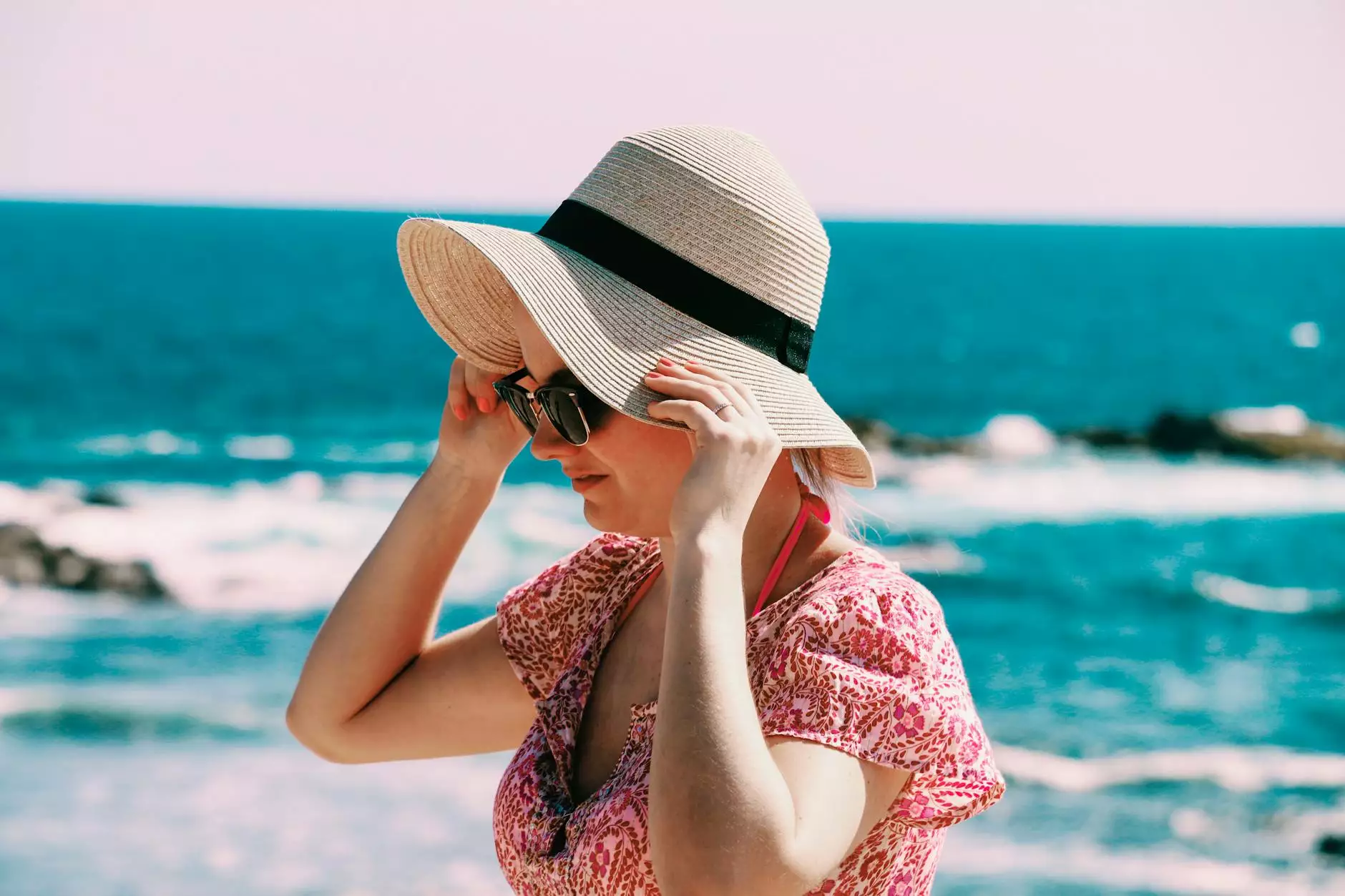Exploring Islamic Sites in Morocco: A Journey Through History and Culture

Morocco, a country steeped in history and culture, is home to an impressive array of Islamic sites that reflect its rich heritage. From stunning mosques to ancient medinas, the Islamic sites in Morocco offer a glimpse into the country’s fascinating past and vibrant present. Travelers seeking to immerse themselves in Islamic art, architecture, and spirituality will find Morocco to be an idyllic destination. Whether you are planning a guided tour or seeking out local treasures, this article will provide you with comprehensive insights into the best Islamic sites in Morocco and how to explore them.
The Importance of Islamic Architecture in Morocco
Islamic architecture in Morocco is a unique blend of Berber, Arabic, and Andalusian influences, characterized by intricate tile work, grand arches, and lush gardens. This rich architectural tradition not only serves as a reminder of Morocco’s Islamic roots but also attracts millions of tourists each year. The significance of Islamic architecture lies not only in its aesthetic appeal but also in its cultural importance, representing a historical narrative that dates back centuries.
Top Islamic Sites to Visit in Morocco
1. The Hassan II Mosque, Casablanca
The Hassan II Mosque is one of the largest mosques in the world and a true masterpiece of Islamic architecture. Located in Casablanca, it sits on a platform overlooking the Atlantic Ocean, boasting a minaret that rises 210 meters high. Visitors can explore its stunning interiors, adorned with intricate tile work, marble floors, and exquisite wood carvings. More than just a place of worship, the mosque is a symbol of national pride and an architectural marvel.
2. The Koutoubia Mosque, Marrakech
As the largest mosque in Marrakech, the Koutoubia Mosque is renowned for its impressive minaret, which stands at 77 meters. Built during the reign of the Almohad dynasty in the 12th century, this mosque is an excellent example of Islamic architecture and serves as a beacon of the city. Although non-Muslims cannot enter the mosque, its exterior and surrounding gardens are worth a visit. The mosque beautifully lights up at night, creating a surreal ambiance.
3. The Bou Inania Madrasa, Fes
Fes, known as the cultural capital of Morocco, is home to the stunning Bou Inania Madrasa, completed in 1356. This educational institution exemplifies the pinnacle of Moorish architecture, featuring lush zellige tile work, intricate stucco detailing, and a tranquil courtyard. As a spiritual and academic center, the madrasa reflects the significance of education in Islamic culture and remains an active site of learning today.
4. The Ali Ben Youssef Madrasa, Marrakech
The Ali Ben Youssef Madrasa is one of the most important historical sites in Marrakech, established in the 14th century. This monumental school showcases the artistry of Islamic architecture with its ornate courtyard, elaborate tile mosaics, and carved cedar wood. While visiting, you can wander through the student dormitories, which offer insight into the daily lives of those who lived and studied here.
5. The Tin Mal Mosque, Toubkal National Park
Nestled in the heart of the Toubkal National Park, the Tin Mal Mosque is a hidden gem that dates back to the 12th century. It is one of the few mosques in Morocco open to non-Muslims. The mosque features stunning architectural elements, lush gardens, and breathtaking views of the surrounding mountains. Visiting Tin Mal is an unforgettable experience that combines spirituality with nature.
Experiencing Morocco's Islamic Culture
To fully appreciate the Islamic sites in Morocco, it is essential to understand the culture that surrounds them. Islamic traditions play a vital role in Moroccan life, from the call to prayer that echoes through the streets to the bustling souks filled with handmade crafts and local products. Engaging with local communities and participating in cultural activities can offer a deeper insight into the Moroccan way of life.
Local Customs and Etiquette
When visiting Islamic sites, it’s crucial to respect local customs and traditions. Here are some etiquette tips to keep in mind:
- Dress modestly: Both men and women should dress conservatively when visiting religious sites.
- Remove shoes: It is customary to remove shoes before entering mosques or homes.
- Ask before taking photos: Always ask for permission before photographing people or inside mosques.
- Mind the prayer times: Plan your visits around the five daily prayers, as many sites will close temporarily.
Best Tours for Exploring Morocco’s Islamic Heritage
To make the most of your journey through Islamic sites in Morocco, consider joining a guided tour. Expert guides can provide invaluable knowledge and context to each site, enhancing your experience. Here are some popular tours to consider:
1. Islamic Heritage Tour of Marrakech
This tour focuses on the rich Islamic history of Marrakech, guiding travelers through the Koutoubia Mosque, Bahia Palace, and Ali Ben Youssef Madrasa. Participants can learn about the intricate details of each site while enjoying traditional Moroccan cuisine.
2. Fes Cultural and Religious Tour
A comprehensive tour of Fes is a must, as it is home to some of the finest Islamic architecture in the country. Visitors can explore the Bou Inania Madrasa and the University of Al Quaraouiyine, one of the oldest universities in the world. This tour often includes a visit to the local souks, allowing for an immersion into the everyday life of the city.
3. Heritage Tour of Casablanca and Rabat
This tour offers a glimpse into two distinct cities. In Casablanca, visitors explore the Hassan II Mosque and then head to Rabat, the capital, to visit the Hassan Tower and the Royal Mausoleum. This journey showcases the beautiful contrast of modern and traditional Islamic culture.
Finding the Perfect Vacation Rentals
Staying in a vacation rental can provide a unique experience while exploring the Islamic sites in Morocco. Here are some tips to help you find the perfect accommodation:
- Consider location: Look for rentals in close proximity to major attractions for convenience and ease of access.
- Read reviews: Check reviews from previous guests to ensure that the rental meets your standards.
- Check for amenities: Ensure that the rental has necessary amenities such as Wi-Fi, air conditioning, and kitchen facilities if desired.
The Influence of Islam on Moroccan Cuisine
The profound influence of Islam extends beyond architecture and culture; it is also notably present in Moroccan cuisine. Traditional dishes often reflect Islamic values of hospitality and community. When exploring Islamic sites in Morocco, be sure to indulge in local culinary delights:
- Couscous: A staple dish often served with vegetables and meat.
- Tagine: A slow-cooked stew flavored with a variety of spices.
- Mint Tea: Known as "Moroccan whisky," it is a symbol of hospitality.
Conclusion
Morocco’s Islamic sites offer a unique opportunity to delve into the nation’s rich cultural heritage and spiritual traditions. From the spectacular Hassan II Mosque in Casablanca to the tranquility of the Tin Mal Mosque, each site tells a story of Morocco's illustrious past. By engaging with the local culture, partaking in guided tours, and sampling the exquisite cuisine, travelers can gain a holistic understanding of the country's Islamic roots.
Whether you’re drawn to the majestic architecture or the vibrant traditions, Morocco promises an unforgettable experience. As you plan your journey, remember to take the time to explore the diverse religious and historical landscape that defines this enchanting country.
Your Next Step
Ready to experience the astounding Islamic sites in Morocco for yourself? Visit moroccoclassictours.com to plan your dream adventure today!









